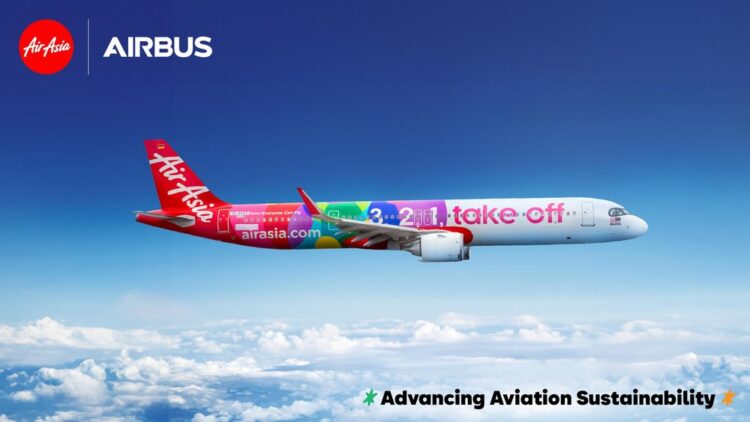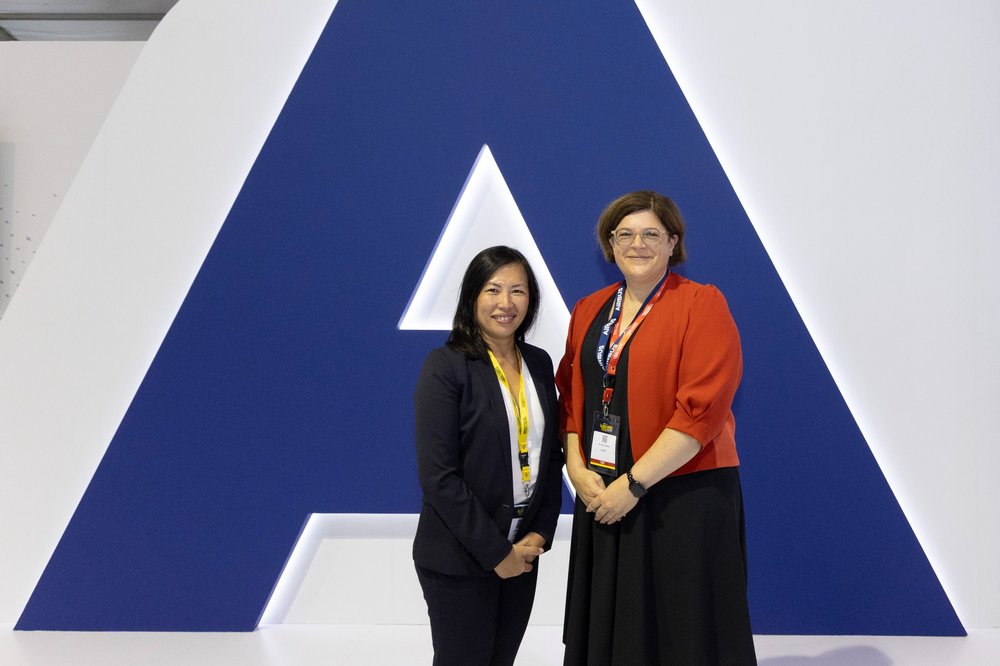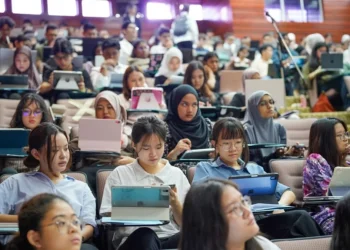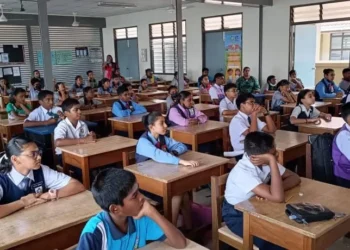AirAsia has announced a new phase in its long-standing partnership with European aircraft manufacturer Airbus, aimed at advancing research into sustainable aviation initiatives. This collaboration focuses on reducing carbon emissions within the ASEAN region, marking a significant step towards a more environmentally friendly future for the aviation industry.
AirAsia and Airbus have formalized a collaboration through a Memorandum of Understanding between their sustainability divisions, focusing on exploring decentralized production of Sustainable Aviation Fuel (SAF) in Southeast Asia. This partnership will investigate alternative feedstocks and technologies, with the goal of identifying opportunities to support the commercial development of promising projects that will expand SAF supply in the region.
The MoU also outlines plans for both parties to collaborate on advanced strategies aimed at improving air traffic management (ATM) to lower CO2 emissions. This initiative will capitalize on AirAsia’s cutting-edge fuel efficiency program and Airbus’ expertise as a global leader in aeronautics, space, and related services. The two organizations will identify relevant solutions from the Single European Sky ATM Research (SESAR) Project and evaluate their potential for adaptation to the ASEAN region.
SESAR is the technological pillar of the EU’s Single European Skies initiative aimed at modernising Europe’s air and ground ATM infrastructure and procedures to enhance safety, cost-efficiency and environmental performance. Launched in 2004, more than €2 billion has been committed to the development phase of SESAR’s ambitious goals.
Capital A Chief Sustainability Officer, Yap Mun Ching said, “AirAsia will be a key partner of Airbus in ASEAN to test the feasibility of SAF output developed using alternative feedstock and technologies, as well as ground-breaking ATM initiatives supported by Airbus’ innovation teams. As a regional carrier based in five ASEAN countries, we bring unparalleled operational experience in the region to complement Airbus’ technological expertise. The partnership establishes a foundation upon which to build joint projects at multiple levels that address the broad needs of improving the environmental performance of the sector.”
Yap said the partnership directly addresses the prerogative for the aviation sector to invest in and scale up in-sector solutions that are critical to decarbonising the industry. Other than improvements in efficiency and adoption of SAF, she said a key pathway for AirAsia to achieve net zero by 2050 is by upgrading the airline’s fleet to the most fuel-efficient models.
In June, AirAsia received its first new A321neo aircraft since the onset of the Covid-19 pandemic. The airline is set to add five more aircraft to its fleet in the fourth quarter of the year, with plans to deploy them in Malaysia and Thailand. Beginning in 2024, all Airbus deliveries to AirAsia will include a fuel blend containing 5% Sustainable Aviation Fuel (SAF).
Airbus Chief Sustainability Officer, Julie Kitcher said, “Airbus is contributing to the decarbonisation of aviation around the world. That means working with our customers in every region, looking at all solutions available today and collaborating on research for future technologies. AirAsia is a key partner in the ASEAN region and we are excited to work with the airline to explore operational efficiency levers, including air traffic management and scaling up the production and distribution of SAF.”
AirAsia currently has an order for 361 A321 aircraft to support the airline group’s fleet expansion and replacement plans. By 2035, these aircraft upgrades are projected to reduce AirAsia’s CO2 emissions by up to 10% compared to 2019 levels. Additionally, operational improvements and the use of Sustainable Aviation Fuel (SAF) are expected to contribute a further 15% reduction, as the airline group progresses towards its goal of achieving net zero emissions by 2050.
In 2023, AirAsia successfully prevented the emission of 130,000 tonnes of CO2 across its narrowbody regional network by implementing more than 20 operational efficiency initiatives. This achievement is comparable to the environmental benefit of planting over 2 million trees. These measures also resulted in a significant reduction in fuel costs, saving the airline US$40 million, along with over US$388,000 in avoided shadow carbon costs.
All the information and images are provided by AirAsia.
Follow us on Instagram, Facebook or Telegram for more updates and breaking news.









